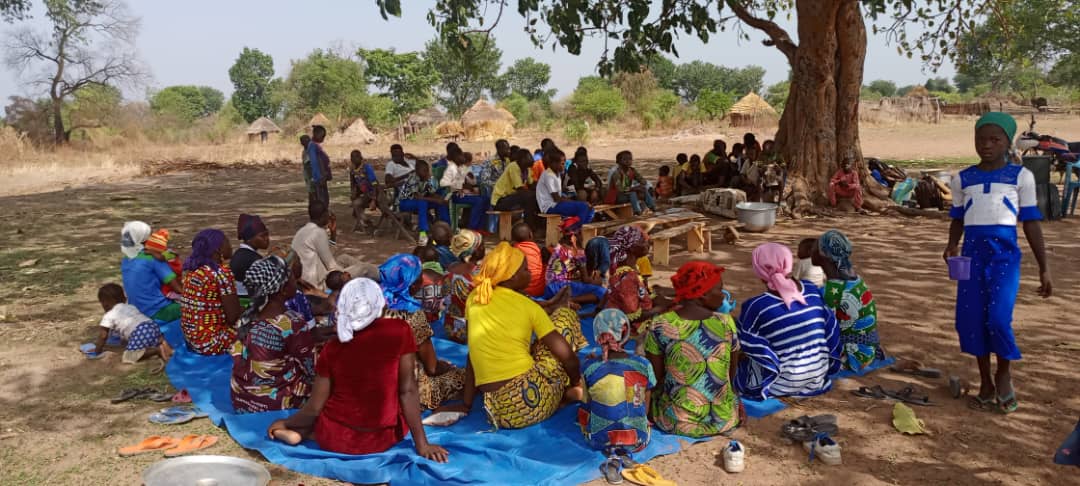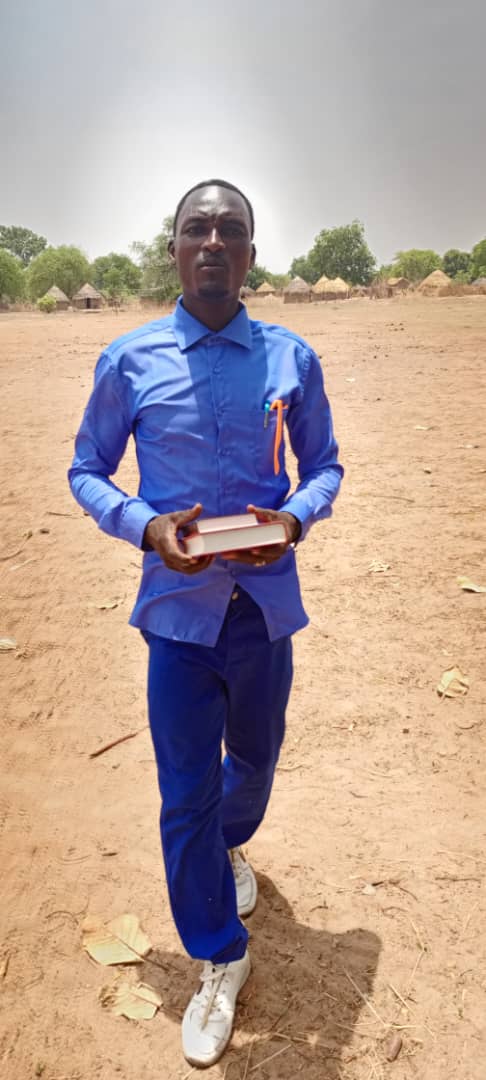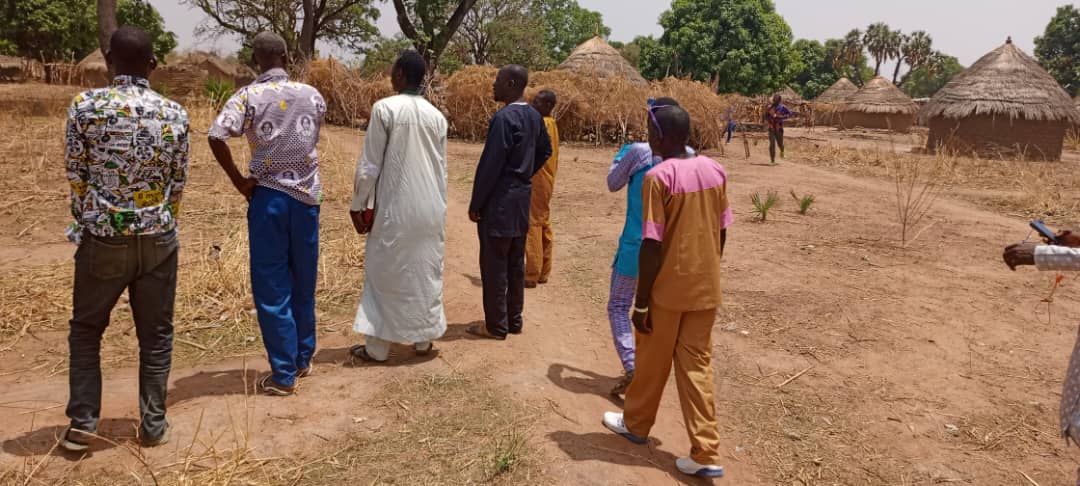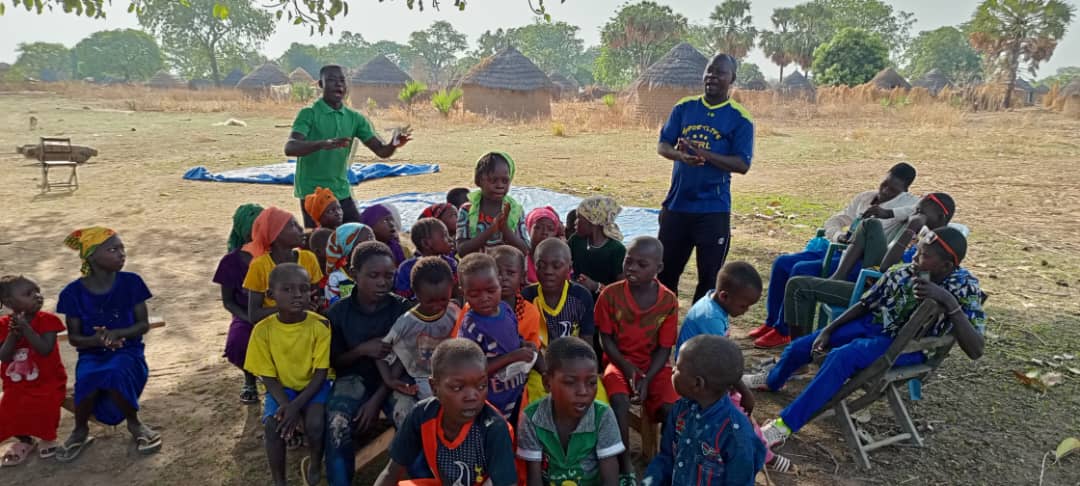The Diocese of North Africa is one of the newest in the Anglican Communion and one in which local Christians are already making their mark.

Part of the new Province of Alexandria, Chad is a relatively large country (about twice the size of Texas) stretching from the Sahara desert in the north to the Equatorial forests in the south. Chad is a secular state whose constitution guarantees freedom of religion. Around 30% of the country is regarded as Christian (though the numbers do vary according to source) with a north south split that sees a predominantly Sufi Muslim north and a predominantly Christian south. It is poor, ranked 189/193 in the UNDP Human Development Index, and is one of the twelve countries of the world which host the biggest proportion of refugees. In a total population around nine million there were over three quarters of a million refugees there in 2023. In this fascinating country there is an incredible mix of ancient cultures with over a hundred languages spoken. Christians have been here around a hundred years represented by Roman Catholics (a consequence of French colonisation), and a variety of Protestant Churches mainly of American origin.
The Anglican Diocesan mission strategy is concentrating first on the Sarah people of the far south, towards the border of the Central African Republic. The new bishop, Anthony Ball, is keen to establish good practice, through only authorising people to work as missioners who are local to, and who understand the cultural sensitivities of the areas in which they work. They must have proper and appropriate formation in Anglicanism and biblical/theological studies as well as mission gifts, and use authorised materials. The pioneers are Rev'd Felix and Licenced Lay Minister Benjamin, the latter with a Master’s degree in missiology. The places where they are working are areas where Islam is advancing very quickly and many of the villages are without a church. They are a people who have been described as “very withdrawn and hostile to foreigners.”

The first evangelization campaign in the village of Kirbekian resulted in a community of over 70 members. Deacon Edwin reports: “We received a donation of one hectare of land and the new members have already built a church using local materials. The small Kirbekian community after a month decided to organize an evangelization campaign in the village Danbanga, closer where they can get there on foot. The week passed and a small community was born in the village. The village chief also gave us one hectare of land and the new members are gathering materials to build. For the Easter service they were 66 persons. The month of April, the two communities of the two villages will mobilize to evangelize a third village.”

That village is Gonhoro. The Anglican church is the first church in this village. The number of converts was 211 members at the first service. The village chief gave a classroom for that worship but the number was too large and the room could not accommodate everyone, so worship was transferred to the shelter of the big tree in the village. A plot of land of approximately one hectare was given to build a chapel and a sports and children's play area in the village. As things stand now there are three large communities of more than 200 members each under the supervision of LLM Benjamin, who will continue the work and mobilize the population for the construction of the chapel using local materials.
This kind of expansion needs resources. LLM Benjamin is equipped with a video projector, a generator and sound system for public address. He also has an Android phone to provide images and a powerbank to recharge his phone. What he needs most now is a motorcycle for his transport; because he has to travel the 3 villages once a week for Bible studies and Sunday worship, and to train local leaders. The bishop is overseeing the materials used. The aim is to make each new church a base for subsequent mission to other villages.

Deacon Edwin is enthusiastic about the future mission strategy. He says, “The current challenge is the translation of the liturgy, the catechism manual, the creeds into the Sarah language. We want to install the Anglican church in five villages before the rainy season arrives. During the season, the villages become difficult to access and the villagers will be busy with field work. During the rainy season, we will invest more in cathechesis, Anglicanism and the training of local leaders;
and we give thanks to God for this light that he has brought to this environment.
